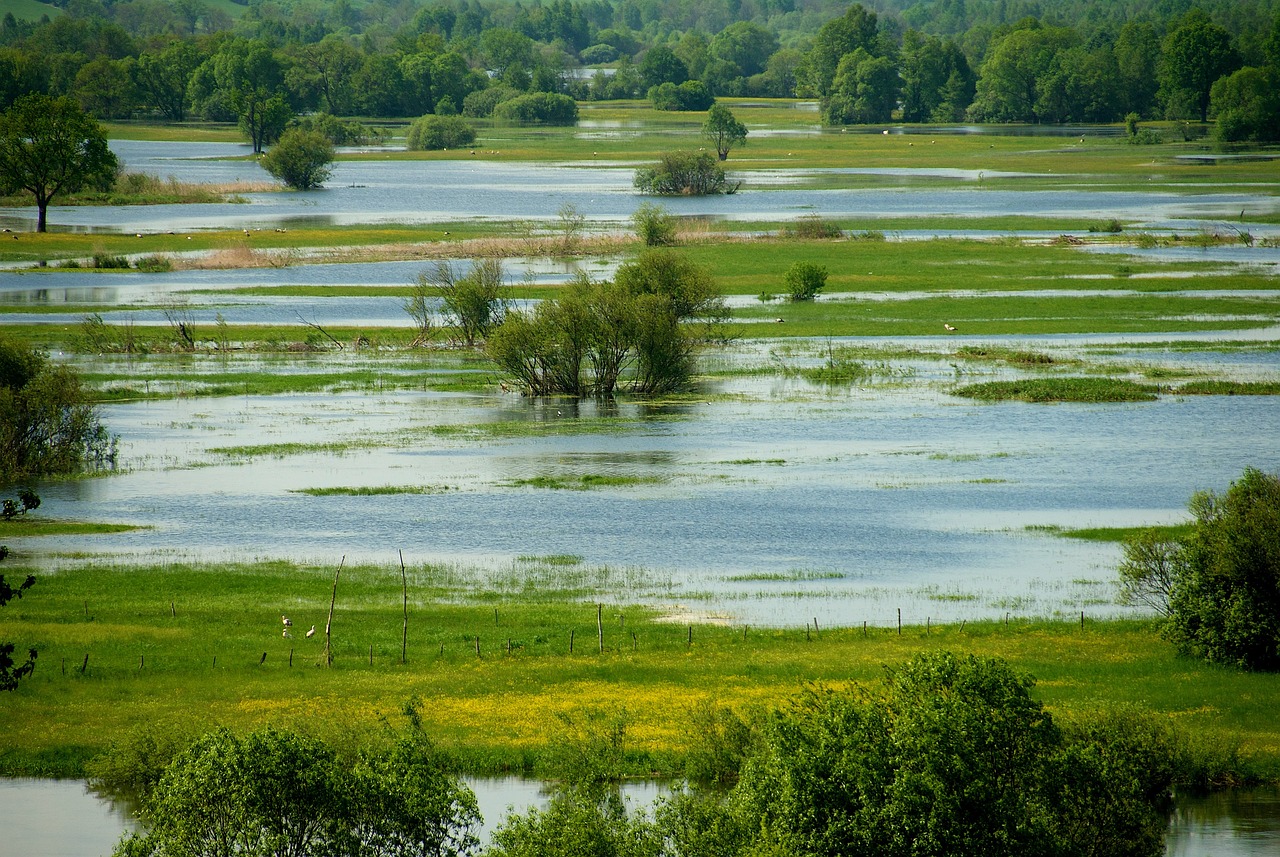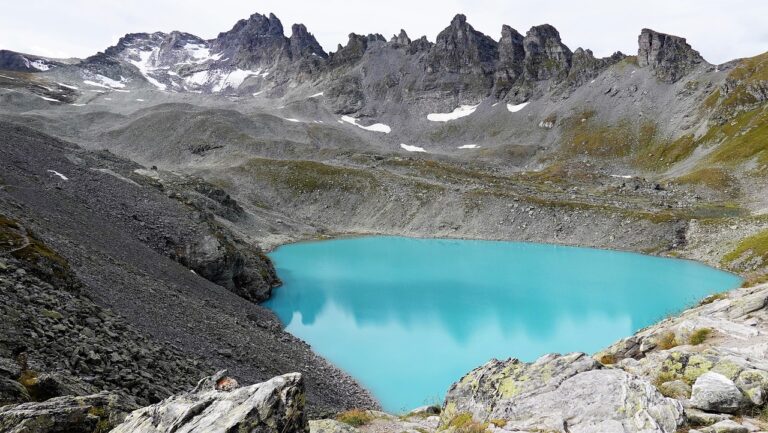Responsible Wildlife Encounters: Ethical Tours and Conservation Efforts
The preservation of wildlife is crucial for maintaining the balance of our ecosystems. As humans, we have a responsibility to protect and conserve the diverse array of species that share our planet. Wildlife conservation not only ensures the survival of various animal and plant species but also contributes to the overall health of our environment.
By conserving wildlife, we are safeguarding biodiversity and ecosystem services that are essential for human survival. Wildlife plays a vital role in pollination, seed dispersal, and maintaining food chains. Additionally, protecting endangered species can have a cascading effect on the entire ecosystem, helping to mitigate the negative impacts of climate change and habitat destruction.
Understanding Ethical Wildlife Tourism
Wildlife tourism can provide valuable opportunities for people to connect with nature and learn about different species in their natural habitats. However, it is crucial for tourists to be mindful of the ethical implications of their interactions with wildlife.
When participating in wildlife tourism activities, it is essential to choose reputable and ethical operators who prioritize the well-being of the animals. Responsible tour companies adhere to strict guidelines to ensure that their activities do not harm or exploit wildlife in any way.
Tourists should research and choose wildlife tourism operators that have a strong commitment to conservation and animal welfare.
Look for tour companies that support local communities and contribute to the protection of natural habitats.
Avoid activities that involve direct contact with wild animals, as this can lead to stress and harm to the animals.
Be respectful of wildlife and their natural behaviors, maintaining a safe distance at all times.
Tips for Responsible Wildlife Encounters
When encountering wildlife in their natural habitat, it is essential to maintain a respectful distance to observe their behavior without causing any disturbance. Approaching too closely can cause stress and alter their natural behavior. Remember that you are a guest in their home, so be mindful of your actions to ensure the well-being of the animals.
Additionally, refrain from feeding wild animals as it can disrupt their natural diet and lead to dependency on human food sources. It may also attract unwanted wildlife to the area, creating potential conflicts between animals and humans. Let wildlife forage and hunt for their own food to preserve the delicate balance of their ecosystem.
Why is wildlife conservation important?
Wildlife conservation is important to protect the delicate balance of ecosystems and prevent the extinction of endangered species.
What is ethical wildlife tourism?
Ethical wildlife tourism involves observing and interacting with wildlife in a way that is respectful of their natural behavior and habitat, without causing harm or stress to the animals.
How can I have a responsible wildlife encounter?
Some tips for responsible wildlife encounters include keeping a safe distance from the animals, not feeding them, and following the guidance of trained guides or wildlife experts.
What should I do if I encounter a wild animal in the wild?
If you encounter a wild animal in the wild, it is important to remain calm, keep your distance, and slowly back away to give the animal space. Do not approach or attempt to touch the animal.
How can I support wildlife conservation efforts?
You can support wildlife conservation efforts by donating to reputable conservation organizations, volunteering for conservation projects, and spreading awareness about the importance of protecting wildlife and their habitats.





